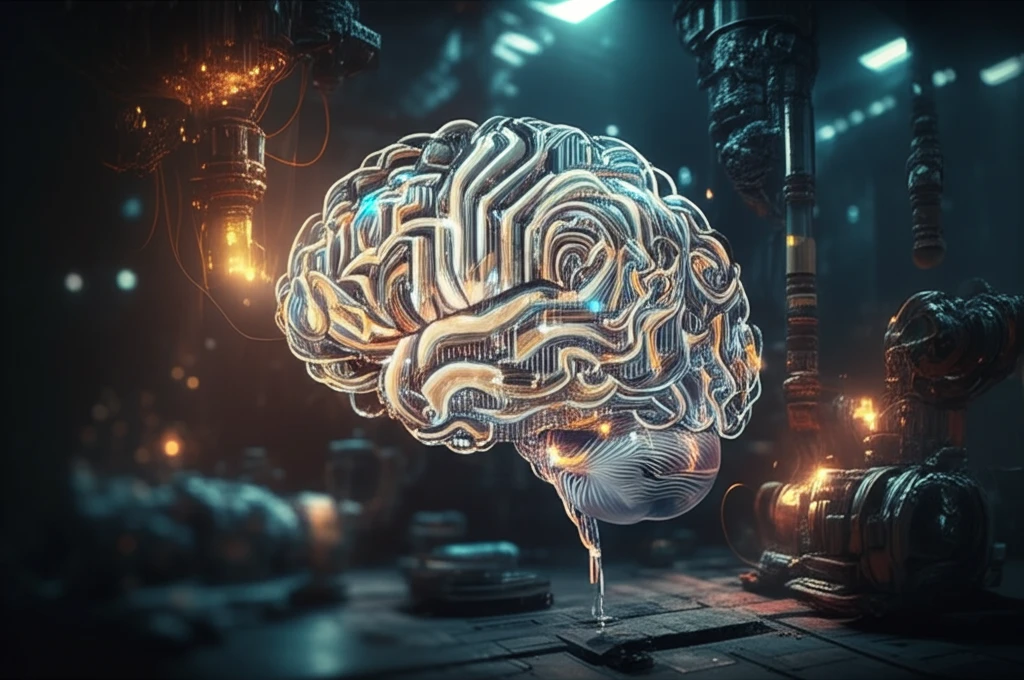
Fuzzy Logic: How Soft Computing is Reshaping Industries
"Explore the transformative power of fuzzy logic, from streamlining manufacturing to revolutionizing healthcare and beyond."
Imagine a world where decisions aren't just black and white, where shades of gray matter. That's the promise of fuzzy logic. Unlike traditional binary logic, which requires definitive true or false inputs, fuzzy logic embraces uncertainty and vagueness. It's a way for computers to reason more like humans, considering the nuances and complexities of real-world situations.
Fuzzy logic isn't new; it was first proposed by Lotfi Zadeh in the 1960s. However, with the increasing complexity of systems and the demand for more intelligent machines, fuzzy logic is experiencing a resurgence. It's becoming an essential tool for optimizing processes, improving control systems, and making smarter decisions in a variety of fields.
This article delves into the fascinating world of fuzzy logic, exploring its core principles, diverse applications, and the profound impact it's having on industries worldwide. Whether you're a tech enthusiast, a business leader, or simply curious about the future of technology, understanding fuzzy logic is becoming increasingly crucial.
What Exactly is Fuzzy Logic?

At its core, fuzzy logic is a form of many-valued logic in which the truth values of variables may be any real number between 0 and 1, inclusive. This contrasts with Boolean logic, which operates on simple true or false values (1 or 0, respectively). In fuzzy logic, 0 represents absolute falseness, and 1 represents absolute truth, but values in between represent partial degrees of truth.
- Fuzzification: Translating crisp (precise) inputs into fuzzy sets.
- Inference: Applying fuzzy rules to the fuzzified inputs to derive fuzzy outputs.
- Defuzzification: Converting fuzzy outputs back into crisp, usable values.
The Future of Fuzzy Logic: Embracing the Nuances
Fuzzy logic is more than just a theoretical concept; it's a practical tool that is transforming industries and improving lives. As technology continues to evolve, and as we strive to create more intelligent and adaptive systems, fuzzy logic will undoubtedly play an even greater role. Its ability to handle uncertainty, model complexity, and learn from experience makes it an invaluable asset in the age of Artificial Intelligence.
